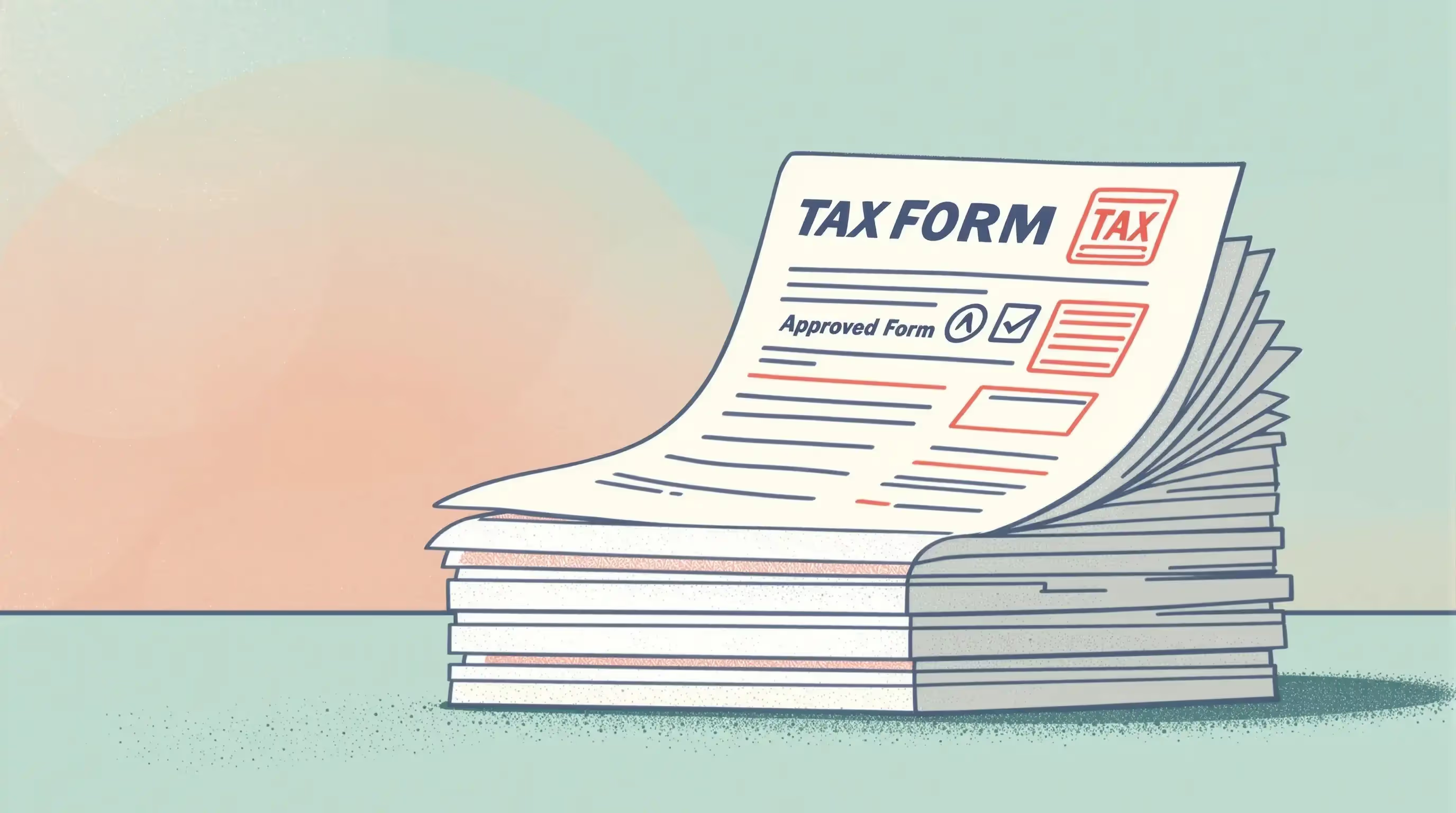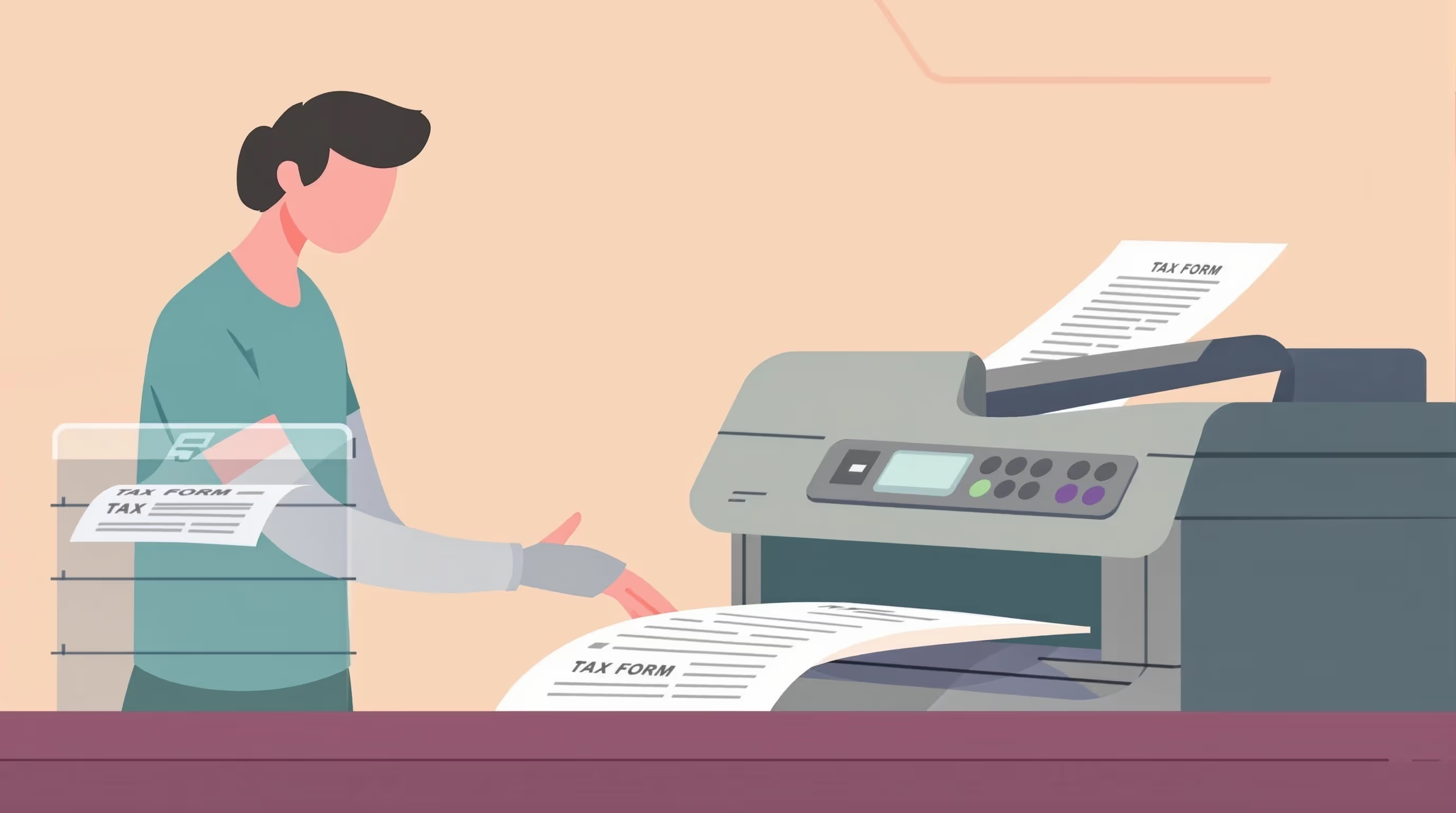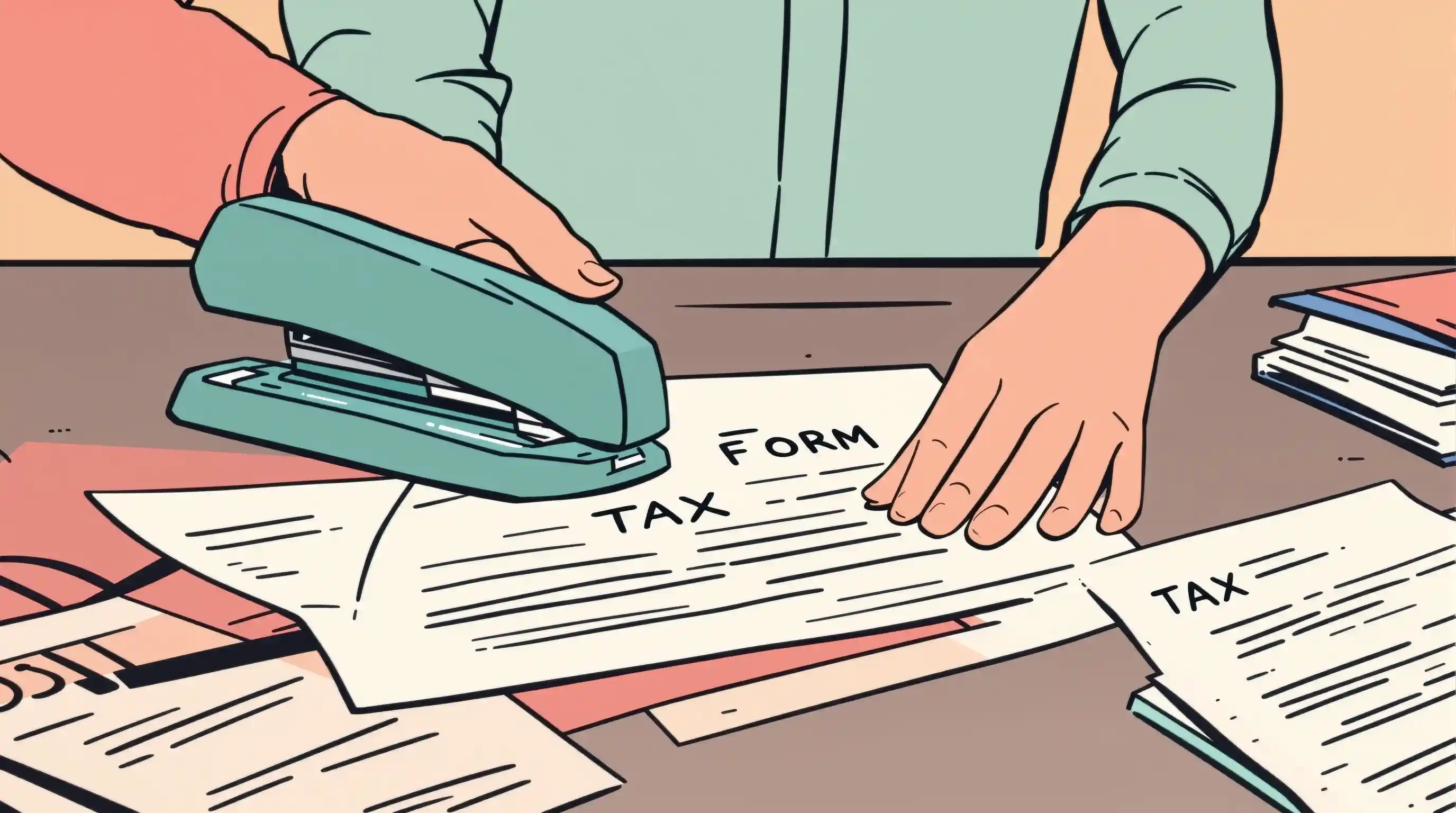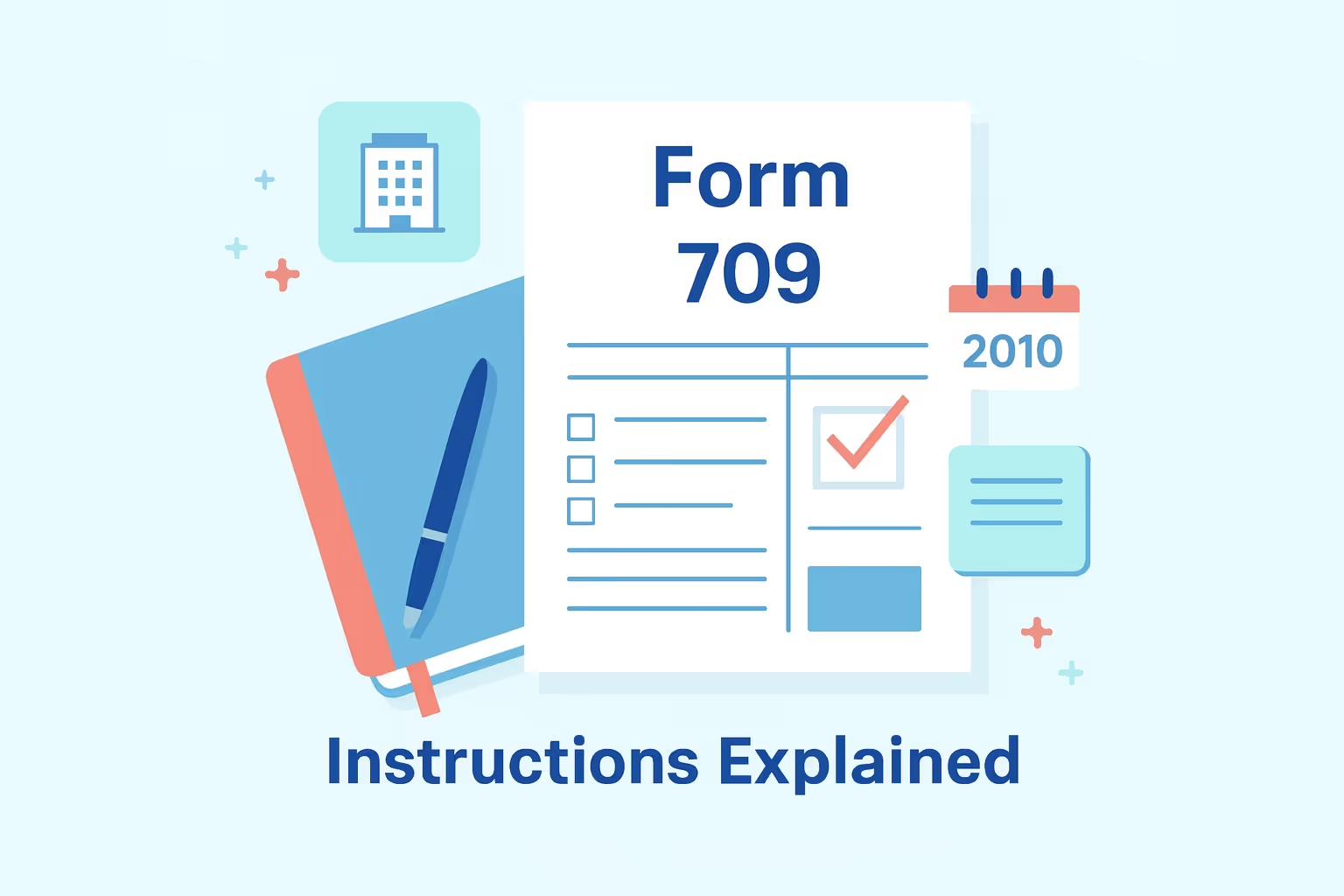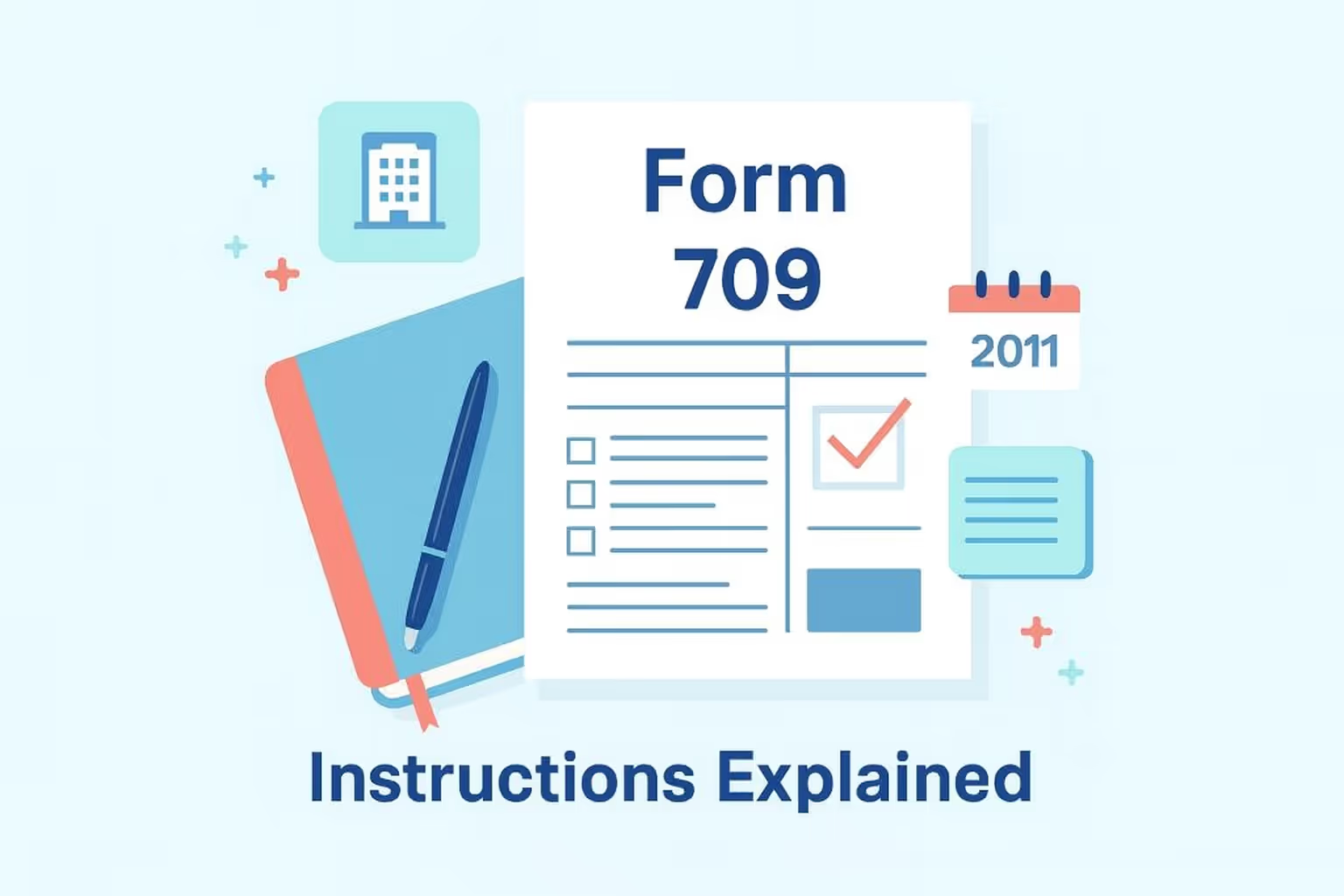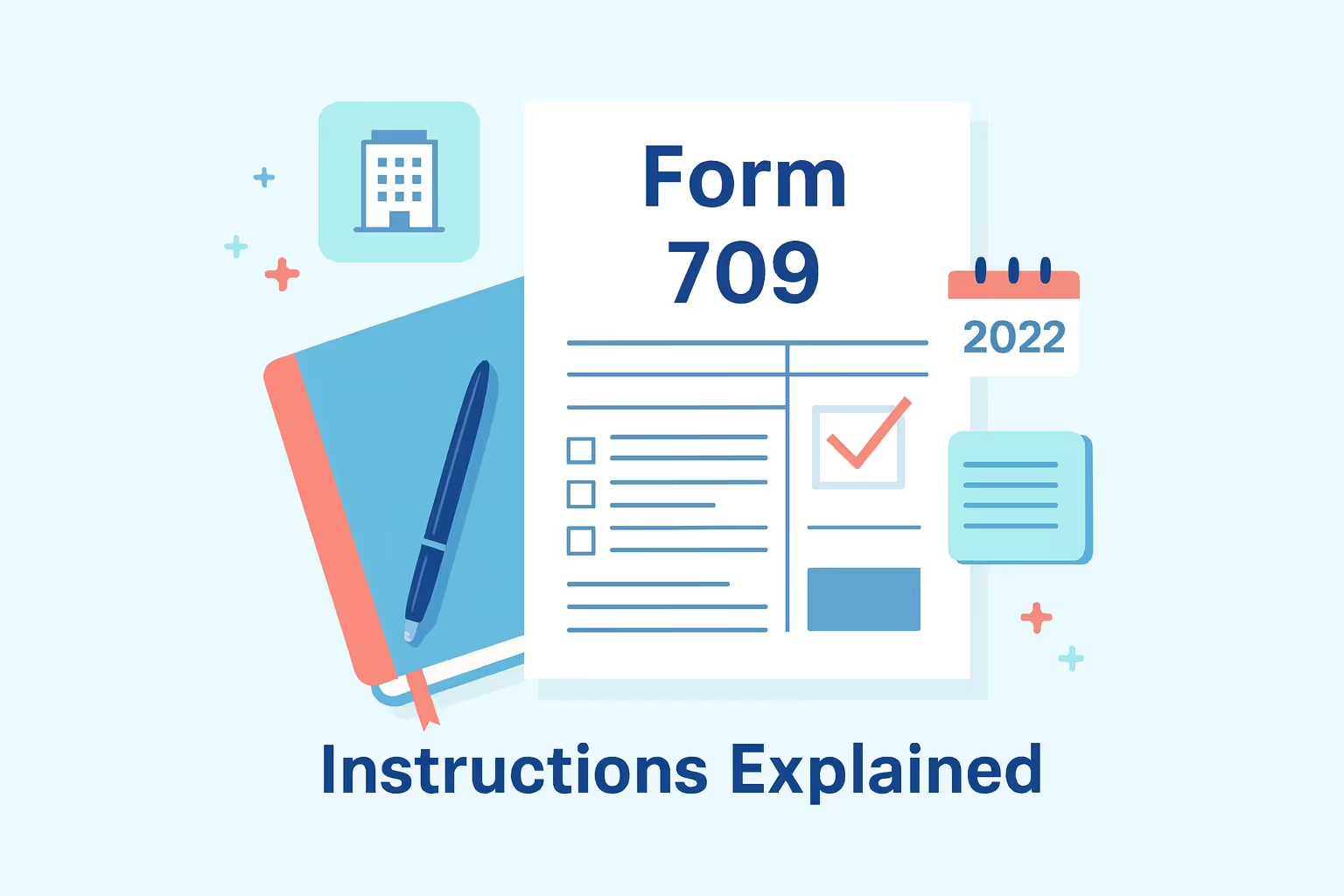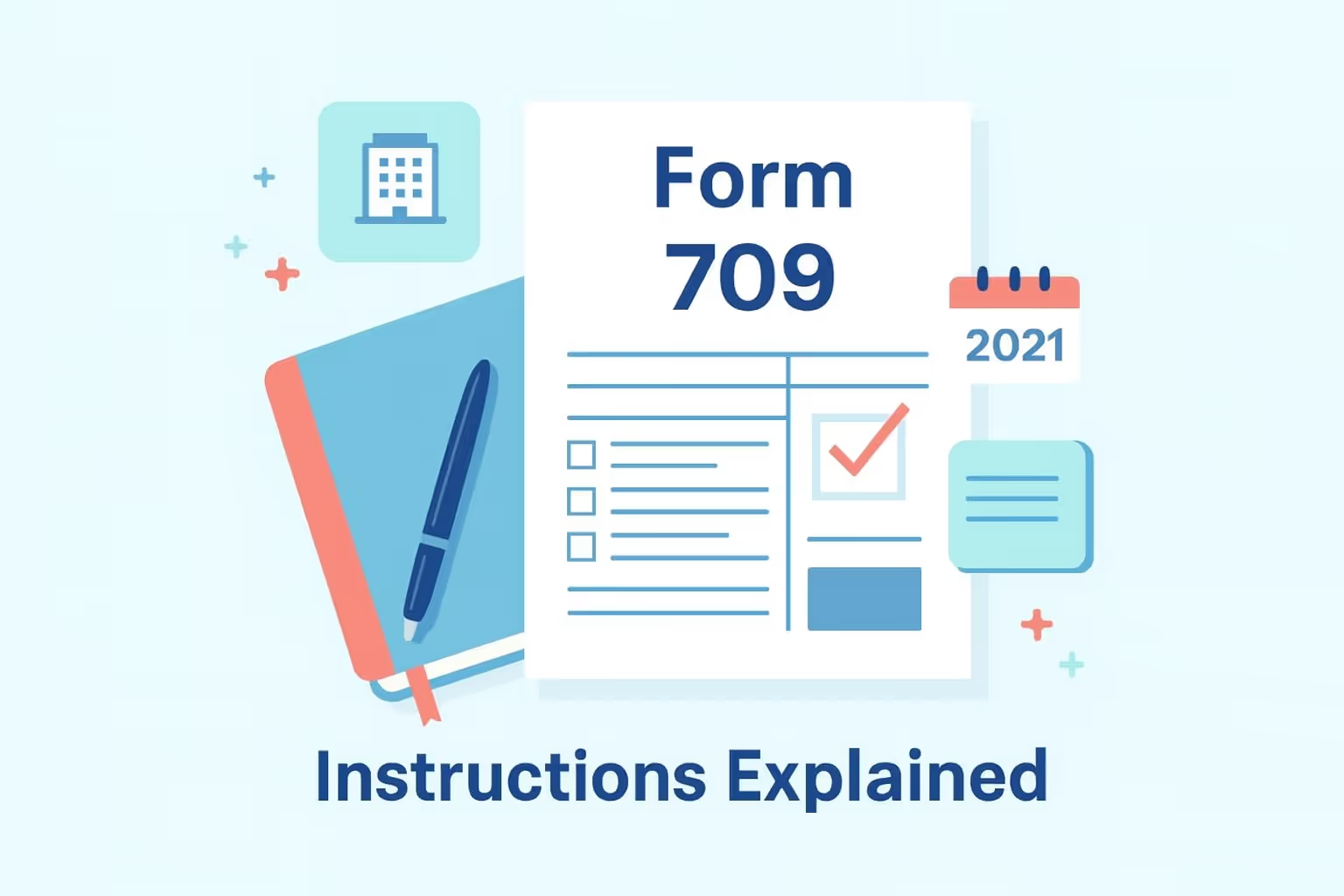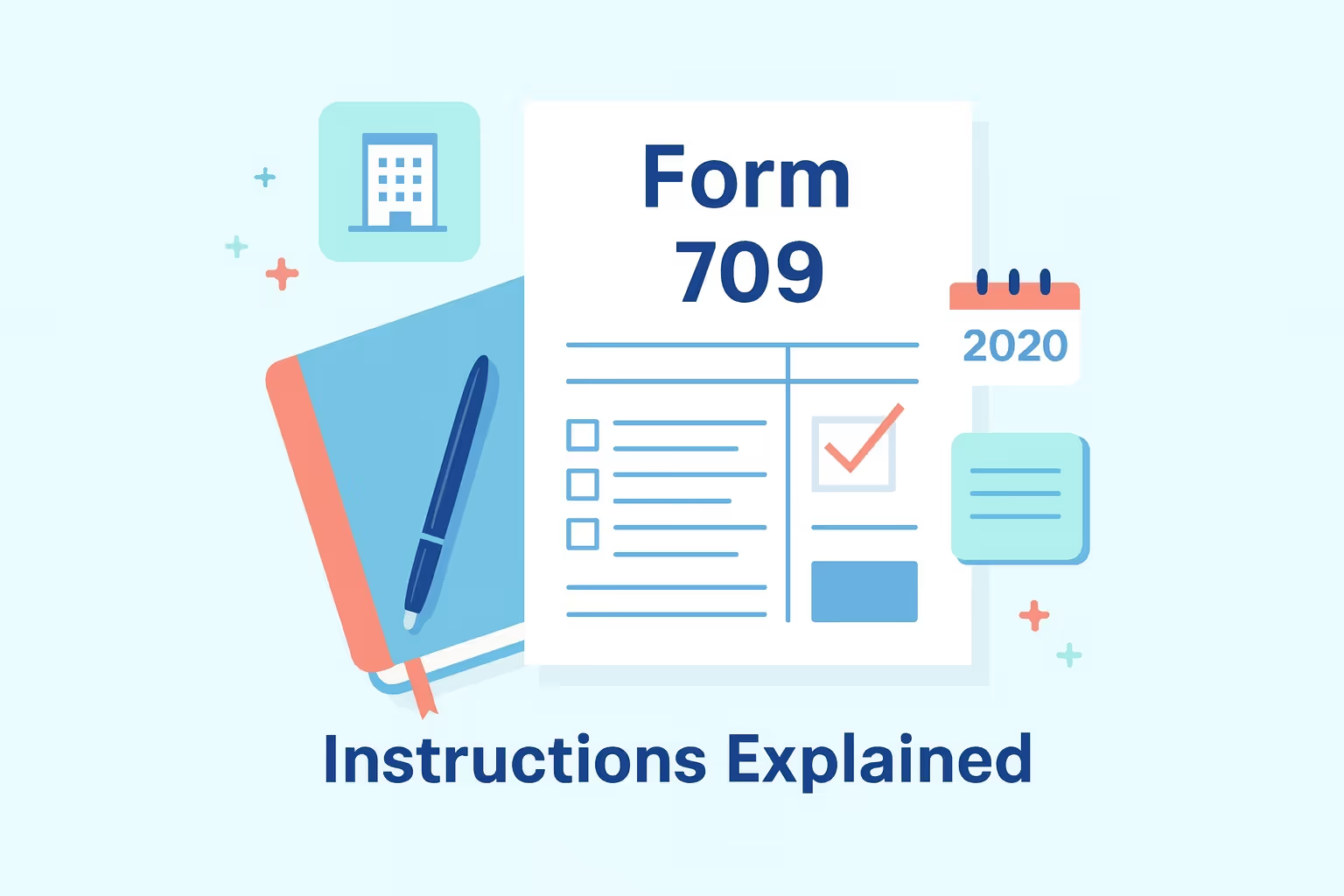
What IRS Form 706 (2024) Is For
IRS Form 706 is the United States Estate (and Generation-Skipping Transfer) Tax Return used to report the estate tax on a deceased person’s estate. The form ensures compliance with the Internal Revenue Code by valuing the decedent’s gross estate, adjusted taxable gifts, and deductions to calculate total estate taxes owed. Executors must file the estate tax return when the total value of the decedent’s assets exceeds the 2024 federal estate tax exemption of $13,610,000 or to elect portability for a surviving spouse.
When You’d Use Form 706 for 2024
Executors file an estate tax return within nine months of the decedent’s death when the taxable estate surpasses the filing threshold or to transfer any unused exclusion to a surviving spouse. The Internal Revenue Service allows an automatic six-month extension to file Form 706 if requested before the original deadline. An amended filing may be required when new property, lifetime gifts, or income generated by the estate is discovered after submission.
Key Rules or Details for 2024
- Filing threshold: Estates with a gross estate and adjusted taxable gifts exceeding $13,610,000 must file the 2024 Form 706 with the IRS to ensure proper estate administration and tax payment.
- Basic credit amount: The 2024 federal estate tax exemption provides a $5,389,800 credit that offsets estate taxes for eligible estates.
- Special-use valuation ceiling: When reporting assets on the estate tax return, a $1,390,000 fair market value adjustment may apply to property used in family businesses or farms.
- Annual gift tax exclusion: Each taxpayer can exclude gifts up to $18,000 per recipient during the tax year, affecting the calculation of lifetime gifts included in the decedent’s gross estate.
- Portability election: Executors can elect portability to transfer the deceased spouse’s unused exclusion within five years under Rev. Proc. 2022-32 if an estate tax return is timely filed.
- Filing address: Mail all forms and payments to Internal Revenue Service Center, Attn: E&G, Stop 824G, 7940 Kentucky Drive, Florence, KY 41042-2915.
Browse more tax form instructions and filing guides in our Forms Hub.
Step-by-Step (High Level)
Step 1: Gather Documentation
The estate’s executor must gather all necessary documents, including the death certificate, certified will, bank accounts, property appraisals, and prior Forms 709 for lifetime gifts. Collecting this information early supports accurate valuation and proper estate administration.
Step 2: Use the Correct Form Year
Executors should complete the 2024 version of IRS Form 706 and attach every required schedule. Each asset’s fair market value at the time of death must be reported to determine the decedent’s gross estate and ensure accurate taxes.
Step 3: Attach Required Schedules
Attach schedules for property, deductions, and fair market appraisals to provide a full account of the estate’s assets. Supporting documents must include valuations for real property, securities, and other income-generating investments.
Step 4: Prepare the Mailing Package
Prepare a complete filing package that includes the signed tax return, all schedules, and payment for any balance due. If submitting an amended estate tax return, label the top of the form as “Supplemental Information” and include an explanation of changes.
Step 5: Retain Complete Copies
Keep copies of all filed forms, correspondence, and receipts. These records protect beneficiaries and assist with income tax return filings, income distribution deduction claims, or later requests for an estate tax closing letter.
Learn more about federal tax filing through our IRS Form Help Center.
Common Mistakes and How to Avoid Them
- Missing portability election: Executors should always elect portability if a surviving spouse exists; failure to do so may result in a loss of significant tax benefits.
- Incomplete fair market value reporting: To avoid penalties under the Internal Revenue Code, all assets must be properly appraised to reflect their fair market value on the date of death.
- Unreconciled lifetime gifts: Executors must include all lifetime gifts and ensure they match prior Forms 709 to prevent calculation errors on the taxable estate.
- Missing deductions: Executors should claim deductions for funeral expenses, debts, and taxes paid to reduce the estate’s taxable amount.
- Incorrect filing year: Using an outdated version of IRS Form 706 can delay estate tax processing and result in rejected filings. Ensure that the form version is for the appropriate year.
- Inadequate documentation: Missing documents or undervalued property can trigger an IRS audit and increase total taxes owed. Organize all estate documents, including appraisals, wills, and payment confirmations, before filing to prevent this.
Learn more about how to avoid business tax problems in our guide on How to File and Avoid Penalties.
What Happens After You File
After filing, the Internal Revenue Service reviews the estate tax return for accuracy and completeness. The IRS may request additional information or issue notices regarding valuation or deductions. Once reviewed, the executor requests an estate tax closing letter through Pay.gov for a $67 fee, usually nine months after filing. If the estate generates income, the executor must file Form 1041 for the estate’s income tax return to report income, interest, and capital gains.
FAQs
What is the filing threshold for estate taxes under IRS Form 706 (2024)?
The filing threshold is $13,610,000 for a decedent’s gross estate, including lifetime gifts and deductions. Estates above this amount must file an estate tax return with the IRS.
How do I request an estate tax closing letter for estate administration purposes?
Executors can request an estate tax closing letter through Pay.gov approximately nine months after filing Form 706. This letter confirms that the Internal Revenue Service has completed its review.
What happens if I fail to file an estate tax return on time?
Failure to file within nine months can result in penalties and interest on unpaid estate taxes. Executors can request an automatic six-month extension by filing Form 4768.
How should fair market value be determined for Esan Tate’s assets?
Each asset should be valued at its fair market value on the date of the decedent’s death. Executors often hire professional appraisers to ensure accurate reporting.
Do estates need to file Form 1041 in addition to Form 706?
If the estate generates income, such as interest, dividends, or capital gains, the executor must file Form 1041 to report the estate’s income and claim any income distribution deduction.
Can a surviving spouse elect portability for unused exemption amounts?
Yes, the surviving spouse can elect portability by timely filing an estate tax return, allowing them to use the deceased spouse’s unused exclusion for future estate or gift taxes.
How are nonresident aliens affected by the estate tax filing rules?
Nonresident aliens must file Form 706-NA if their U.S.-situated assets exceed the filing threshold. Different exemptions and deductions apply based on tax treaties and residency status.








